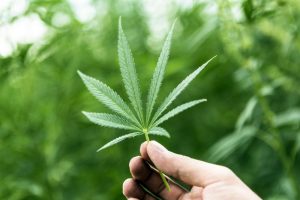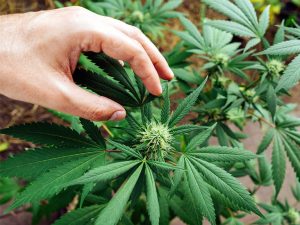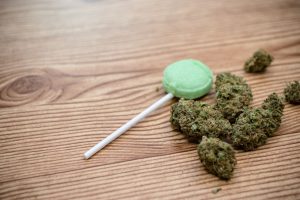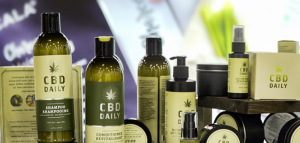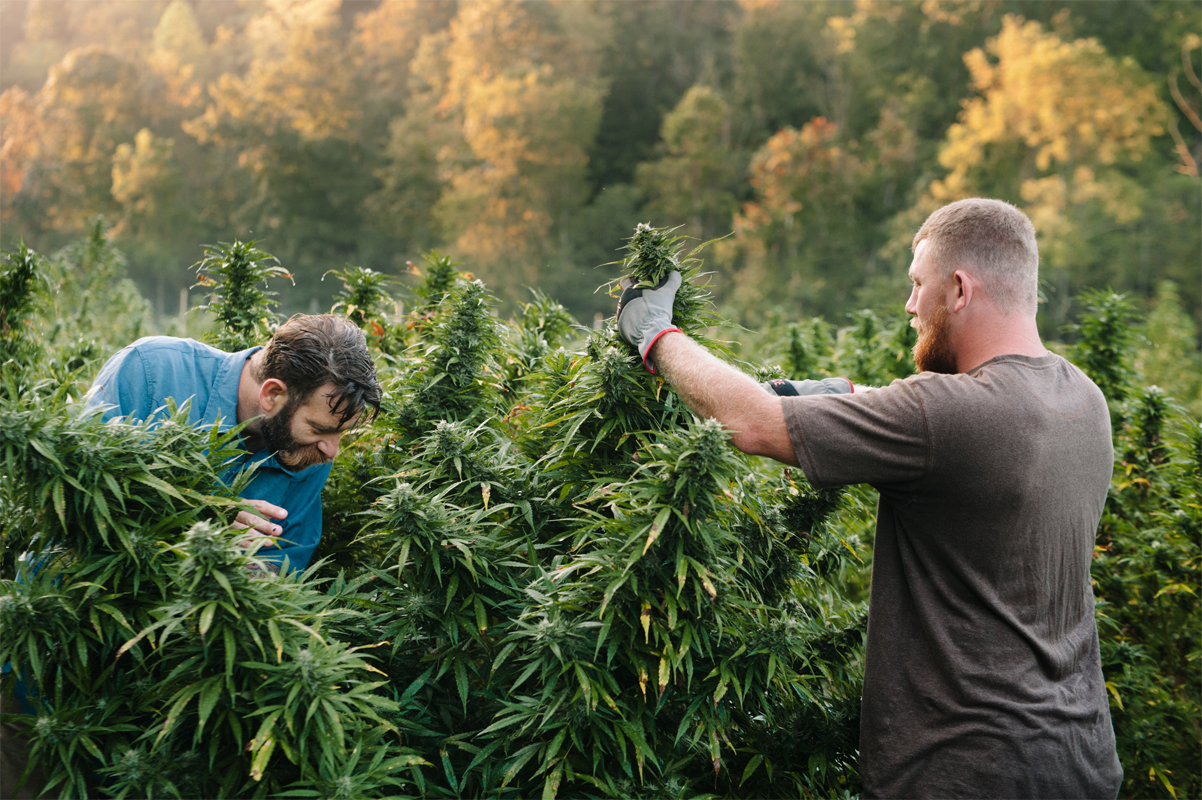
The federal government has taken a positive step toward hemp agriculture by passing the 2018 Farm Bill. The law allows states to continue to operate under their existing plans until 2022, and requires the USDA to create a uniform program. Hemp crops are harvested, processed, and manufactured in the same manner as traditional agricultural crops, although there may be differences in harvest procedures between processors. In addition, the federal government is attempting to create a national standard for hemp production.
While hemp is still an emerging crop, farmers should expect hemp to continue to grow in the near future. The United States Department of Agriculture has made it easier for states to develop regulations and plans for growing the crop. As of spring 2018, Kentucky became the first state to adopt rules on hemp production. Since then, most states have adopted hemp-growing rules. In spite of the controversial nature of the crop, hemp has enormous potential and is already a staple of American agriculture.
The first step to starting your hemp farming venture is to get a license to grow hemp. The process is similar to other types of farming. To start growing hemp, you will need a state plan and a federal permit. The latter will require that you hire workers. In addition to a license, you will need to purchase a permit from the Department of Agriculture to grow hemp. Once you’ve obtained your license, you’re ready to start growing your own crop.
Hemp cultivation requires a state license. To cultivate hemp in Illinois, you must have a farm license and pay a $100 fee. Once you have your license, you’ll have to pay an additional $400 for a three-year cultivation license and $375 for a one-year license. If you’re serious about growing hemp, you should consult with a local agriculture expert. They will help you develop the perfect plan for growing your own crop.
The first step to growing hemp is to learn more about the crop. Many people are unfamiliar with the plant, and there is much to learn about it. But growing hemp is not as simple as growing other crops. It requires the right soil and topography to grow hemp. Despite this, the benefits of growing hemp are significant. For example, it is the first crop to be grown in the United States. It’s important to note that you will need to be responsible for the growing of the crops and have a plan in place.
In the state of Iowa, hemp farming is allowed by law. However, it’s important to know about the risks involved in hemp production. A license is needed to grow industrial hemp. The USDA has approved the state’s regulation plan for this type of agriculture. In addition, it has approved the legal status of certain plants and species. Regardless of the state’s license, the hemp industry’s growth and development has been a huge boon to farmers.
The initial license application process is simple and can be completed by individuals. Applicants must provide information about themselves and their key participants, including a list of key personnel. Hemp must also be grown in a soil that has good drainage. Hemp requires an average rainfall of 65 mm (2.5 inches) per month. After the initial license has been granted, hemp farmers must complete the required reports. Once the process is complete, they should submit their annual reports.
The new Farm Bill has changed the rules governing hemp cultivation in the US. The federal government has deemed the plant a non-harmful plant that contains less than 0.3 percent THC. It is no longer considered marijuana or non-hemp cannabis. This rule will also allow the production of hemp that contains more than 0.3 percent of THC. Those whose crops are legal will not be subject to the new rules regarding marijuana.
Hemp cultivation is a growing industry in the US and in Canada. While hemp is a valuable alternative for tobacco, it can be difficult to obtain certification, as the crop is related to marijuana. It is illegal to sell any kind of hemp and the FDA has not yet approved any product derived from it. Nevertheless, this crop is an important source of income for the US economy. For instance, the oil extracted from it is sold as a substitute for tobacco.

